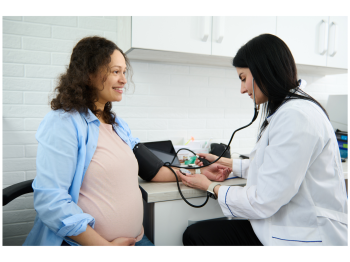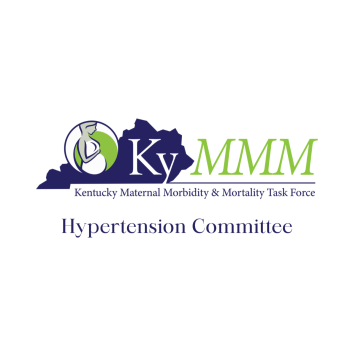
Past Webinars
Transforming Care for Hypertensive Disorders in Pregnancy
Friday, January 30, 2026
Following completion of this course, learners should be able to:
- Understand the Blue Band Project
- Implementation of the Blue Band Project
- Discuss the lived experience of a hypertensive disorder in pregnancy
For more information about KyMMM and the Blue Band Project: Home - Kentucky Maternal Morbidity & Mortality Task Force


Kentucky Morbidity and Mortality (KyMMM) Task Force Hypertension Committee
Michelle Williams, MA - KyMMM Hypertension Committee Chair
John O'Brien, MD - KyMMM Task Force Chair, University of Kentucky
Amy Wheeler, MSN, RNC-OB, C-EFM - Baptist Health System